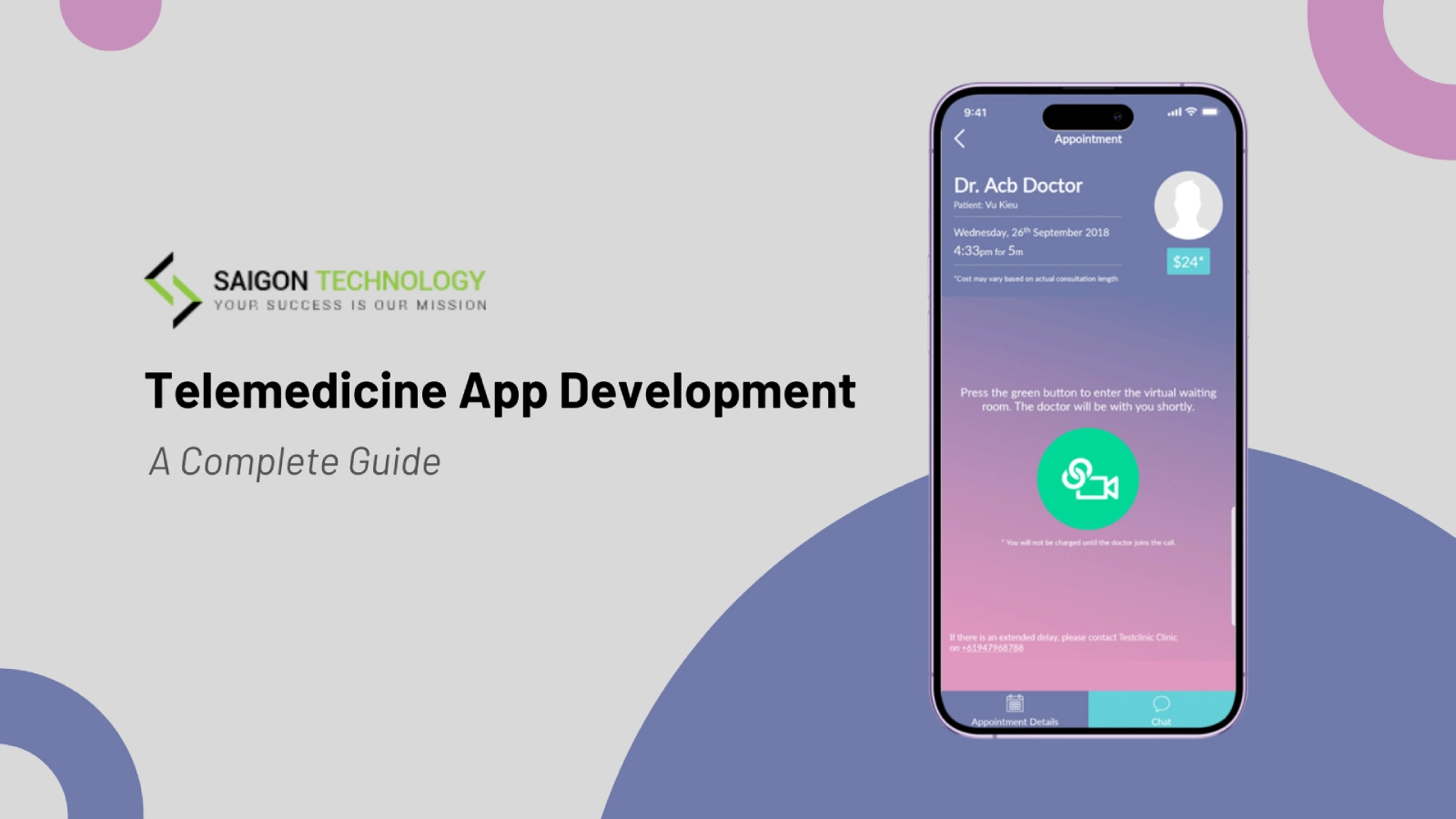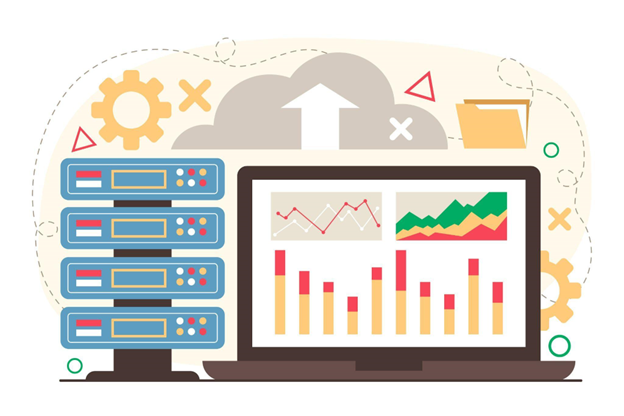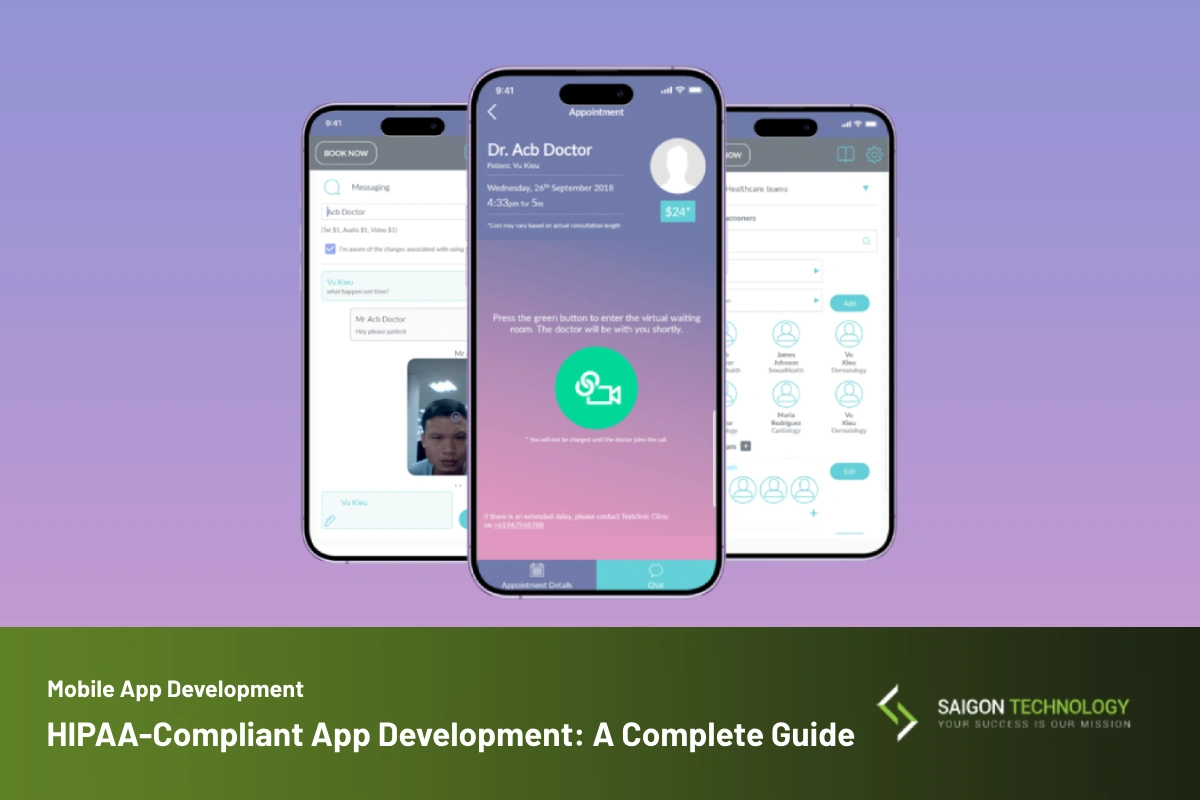In order to successfully manage a software development project, one must be familiar with the various activities involved in the process. This includes understanding the development process, the different software development stages, and what takes place during the analysis phase of programming.
In this blog post, Saigon Technology will explore each of these topics in detail and provide you with a better understanding of how to manage a software development project from start to finish.
What is Software Project Management?
Software project management is the process of overseeing and coordinating software development projects. This includes everything from planning and budgeting to development and testing. In order to be successful, software project managers must have a strong understanding of the software development process and be able to communicate with all members of the development team effectively.
1. Project Planning and Tracking
The development process of a software project can be broadly divided into two distinct phases: the planning phase and the execution phase. In the planning phase, all of the necessary tasks are identified and scheduled. The development team then works on completing these tasks in the execution phase.
It is important to track the progress of analysis phases of programming in order to ensure that the project is on track. Tracking allows managers to see where the project stands in progress and identify potential issues. There are a variety of tools that can be used for tracking, such as Gantt charts and project management software.
2. Project Resource Management
In order to successfully manage a software development project, it is important to have a clear understanding of the required resources. This includes both human and material resources. Human resources include the development team, as well as any other individuals who are involved in the project.
Material resources include things like computers, software, and office supplies. It is important to have a clear understanding of what resources are required to avoid any potential issues.
3. Scope Management
One of the most important aspects of project management is scope management. This is the process of ensuring that all of the work required to complete the project is included in the scope. There are a variety of tools that can be used to help with scope management, such as project templates and WBS (work breakdown structure) charts.
4. Estimation Management
Estimation is the process of determining how long a project will take to complete and how much it will cost. This is an important part of project management, as it allows managers to set realistic expectations for the project. A variety of tools can be used for estimation, such as historical data and bottom-up analysis. It is also important to have a clear understanding of the development process in order to make accurate estimates.
5. Project Risk Management
Risk management is the process of identifying and assessing risks that could potentially impact the project. This includes things like schedule delays, cost overruns, and scope creep. There are a variety of tools that can be used to help with risk management, such as risk registers and SWOT analysis.
6. Scheduling Management
Scheduling is the process of creating a schedule for the project. This includes things like identifying when each task will be completed and who will be responsible for completing it. Scheduling is an important part of project management, as it allows managers to ensure that the project is on track. There are a variety of tools that can be used for scheduling, such as Gantt charts and project management software.
7. Project Communication Management
Communication is a key part of project management. This includes things like sending updates to stakeholders, as well as communicating changes to the development team. There are a variety of tools that can be used to help with communication, such as project management software and email. It is also important to have a clear understanding of all the software development stages in order to communicate with stakeholders effectively.
8. Configuration Management
Configuration management is the process of managing the development team’s work. This includes things like keeping track of code changes and managing development tools. Configuration management is an important part of project management, as it allows managers to keep track of the project’s progress.
A variety of tools can be used for configuration management, such as version control software and development platforms. It is also important to have a clear understanding of the development process in order to manage the development team’s work effectively.
Reasons for Configuration Management
- To make it easier to work with development tools
- To keep track of code changes
- To manage the development team’s work
Final Thoughts
Project management is a complex process, but by understanding the various activities involved, you can be sure to complete your next software development project successfully! By understanding the development process and using tools like risk registers and Gantt charts, you can set your project up for success.
Communicating effectively with stakeholders is also key to ensuring a successful project. By following these tips, you can be sure to manage your next software development project successfully.











